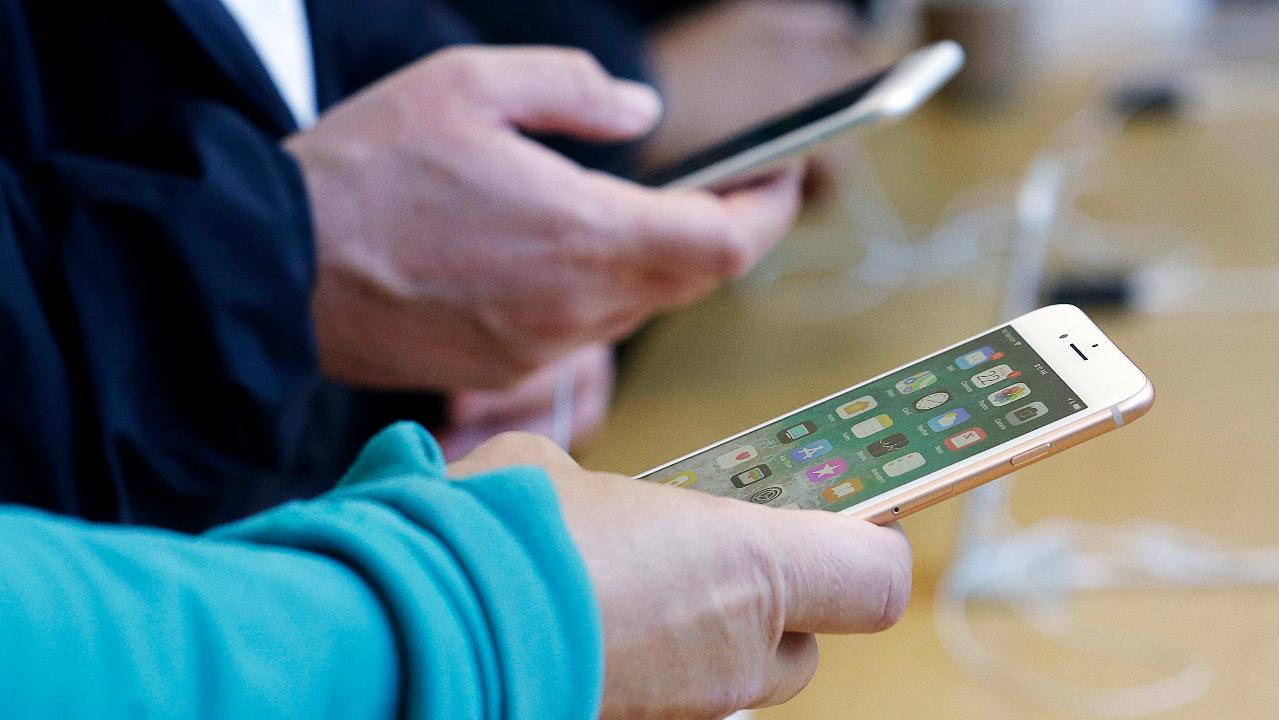Apple moving to cut iPhone dependency, diversify revenue streams
Twelve years after the first iPhone was put into a customer’s handS in the U.S., Apple is making moves to be less dependent on its iconic smartphone.
Apple is shaking up leadership and reordering priorities across its major units such as services, artificial intelligence, hardware and retail, according to the Wall Street Journal.
The primary reasons for the shifts vary by division. But, they reflect Apple's efforts to transition from an iPhone-driven company into one where growth flows from services and potentially transformative technologies.
Apple reportedly cut back on hiring for some divisions after lower-than-expected iPhone sales and missing its revenue forecast for the holiday quarter.
Chief Executive Officer Tim Cook has gone on record saying that things have been complicated by the recent trade tension between the U.S. and China in addition to the slowing Chinese economy.
| Ticker | Security | Last | Change | Change % |
|---|---|---|---|---|
| AAPL | APPLE INC. | 278.12 | +2.21 | +0.80% |
Leadership moves of the past few months include promoting artificial intelligence chief John Giannandrea to the executive team; replacing departing retail chief Angela Ahrendts with head of human resources Deirdre O'Brien; and pushing out top Siri voice-assistant executive Bill Stasior.
Apple has also trimmed 200 staffers from its autonomous-vehicle project, and is redirecting much of the engineering resources in its services business, led by Eddy Cue, into efforts around Hollywood programming.
The competitive landscape could complicate Apple's efforts to diversify beyond the iPhone. Media services like Netflix and Spotify Technology have a head start and more subscribers; Google's autonomous-vehicle initiative has logged more miles on the road; and Amazon.com Inc.'s Echo speakers have put Alexa into millions of homes, according to the Journal.
CLICK HERE TO GET THE FOX BUSINESS APP
Sales of its Apple Watch, AirPods and HomePod -- have been mixed, and none have offered the pricing power or volumes of the iPhone, one of the best-selling products in history.
Apple this year stopped reporting the number of iPhones it sells, a move many observers interpreted as the smartphone's peak, although the iPhone still contributes about two-thirds of Apple sales.
The services business is also seen as key to preserving iPhone loyalty.




















